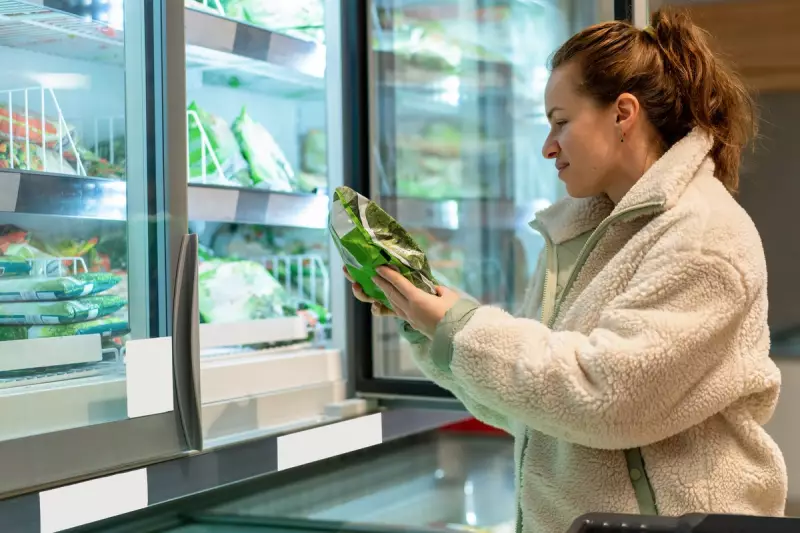
In a startling revelation that could transform how we view freezer aisle staples, new research from the UK indicates that certain frozen foods may trigger significantly higher blood sugar spikes than their fresh counterparts.
The Chilling Discovery
Nutrition scientists have uncovered that some frozen convenience foods, particularly those with modified starch content and added preservatives, can cause rapid glucose surges that rival sugary beverages. This finding challenges the common perception that frozen vegetables and prepared meals are nutritionally equivalent to fresh options.
Why Frozen Isn't Always Better
The research suggests that the freezing process itself isn't the culprit. Rather, it's the industrial processing many frozen foods undergo before reaching your freezer. Many manufacturers add stabilisers, modified starches, and other additives to maintain texture during freezing and reheating, which can dramatically alter how our bodies process these foods.
Most Surprising Offenders
Among the most concerning findings was that some frozen potato products and certain ready meals caused blood sugar responses that exceeded medical expectations. One frozen potato product tested generated a glycemic response 30% higher than fresh potatoes prepared identically.
Expert Insights
Lead researchers emphasise that not all frozen foods pose this risk. Plain frozen vegetables without sauces or additives remain excellent choices. However, they caution consumers to scrutinise labels on processed frozen items carefully.
Practical Recommendations
Nutritionists suggest the following approach to frozen food selection:
- Choose plain frozen vegetables over seasoned or sauced varieties
- Examine ingredient lists for modified starches and added sugars
- Balance frozen convenience items with fresh whole foods
- Consider preparing and freezing your own meals to control ingredients
This research serves as a crucial reminder that convenience often comes with nutritional trade-offs, encouraging consumers to make more informed choices in the freezer aisle.





